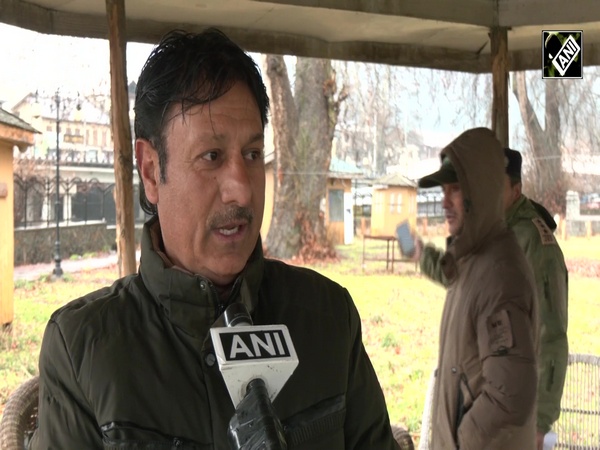Ignorance stands before Pakistan's polio challenge
Jun 15, 2021

Islamabad [Pakistan], June 15 : Amid Pakistan's inability to stamp out religious extremism, the surging attack on the country's polio vaccine workers is hurting the government's vaccination drive.
Last week, two police personnel guarding a team of polio vaccine workers were shot dead in Khyber Pakhtunkhwa's Mardan district. Before that, two polio workers were gunned down in the line of duty in Swabi city.
Kamal Siddiqi, an Australian journalist of Pakistani origin, has said that these attacks are happening at a time when Pakistan is making strides in its battle against polio.
In an op-ed for The Express Tribune, Siddiqi argued that the recent attacks on vaccine workers serve as a reminder how "Pakistanis of the level of ignorance prevailing in our country and the inability of the government to stamp out religious extremism."
His remarks come as Pakistan is among only a few countries in the world where polio is still endemic. As many as 922,824 people have been infected with polio in Pakistan with 21,323 deaths so far.
Despite these appalling numbers, Siddiqi said, "Many are content in believing the narrative of the extremists that polio drops make the children sterile."
Slamming the Pakistani government, the Siddiqi stressed that these attacks need to stop and the authorities need to trace those who are involved in these murders. "As a nation, we are willing to bear the shame of being isolated and identified as a polio-positive country but cannot go after and punish the extremists who are responsible for this shame -- as this goes against our values," he added.
Earlier this month, the Regional Director of United Nations Children's Fund (UNICEF) had said there are still hundreds of thousands of 'invisible children' in Pakistan, who are susceptible to polio and must be vaccinated.
In an interview with Dawn, UNICEF's George Laryea-Adjei said: "There is a group of children called the 'missing children' whose parents are refusing for them to receive vaccines for various reasons. They are not easy to find. They don't go to schools or they don't have birth certificates. These are the invisible children. There are quite a number of them."
"They have to be invited. Where there is refusal, we have to understand their need and why they are refusing," he added.
He said the message to the government was that the number of 'missing children' had come down but it was still high while noting that the disease was prevalent in only two countries - Pakistan and Afghanistan.




















